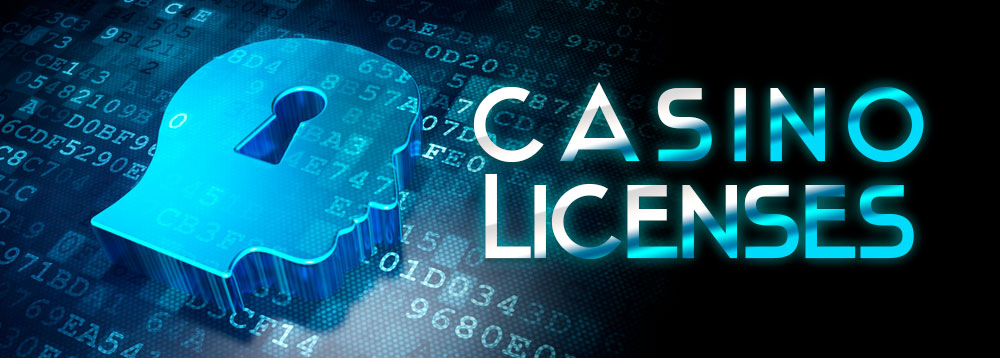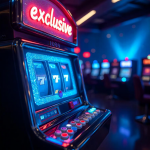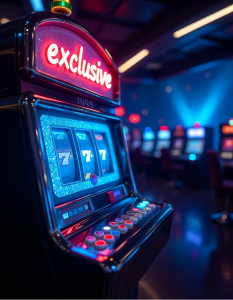In countries like the UK where online gambling is legal, there’s no shortage of providers to choose from. Quite the opposite, as comparatively few restrictions are placed on who you can do business with.
To a degree, this puts gamblers in the UK in a privileged position. With literally a world of online casinos to choose from, you can search high and low to ensure you get a good deal. Particularly when it comes to things like bonuses and promotions, shopping around holds the key to making the most of your money.
At the same time, it also has the potential to put players in harm’s way. In the UK, all online casinos operating domestically need to be appropriately licensed and regulated. This means going through a formal process of applying for a license, demonstrating that various requirements have been met and undergoing regular external audits to ensure transparency and fairness.
Outside the UK, the same rules and regulations do not apply. Not only is it not necessary to meet a long list of qualification criteria in some territories, but no form of licensing is needed to operate as an online casino. As countless examples of these unlicensed casinos can be accessed easily and legally from the UK, precautions must be taken when deciding where to spend your money.
What Does Online Casino Licensing Really Mean?
In a general sense, it means that the casino has demonstrated its responsibility, commitment to fair gaming and commitment to customer safety. However, the qualification criteria for licensing vary exponentially from one country and licensing body to the next.
This is why it is important to only ever sign up with a casino that is licensed and regulated by one of the more respected authorities. A few examples of which include the following:
- AAMS (Italy)
- Alderney Gambling Control Commission
- ARJEL (France)
- Belgian Gambling Commission
- Danish Gambling Authority
- Malta Gaming Authority
- New Jersey Division of Gaming Enforcement
- Spanish Gaming Commission
- UK Gambling Commission
Where a casino is licensed and regulated by any of the above, it can be more or less counted on as safe and above board. If a casino holds a licence from an entirely different authority, it could still be a responsible operator that plays by the rules.
But when a casino doesn’t bother to apply for or obtain licensing at all, it almost always tells you something important about the operator. Something which, unsurprisingly, isn’t particularly reassuring.
Why Should Unlicensed Casinos Be Avoided?
The argument for avoiding unlicensed casinos is based on two equally important areas of concern:
- They have not been required to fulfil even the basic criteria
In order to qualify for a casino license with a respectable authority, you first need to provide evidence of fulfilling various criteria. This includes the fairness and transparency of the games you provide, the safety of the transactions you conduct, an appropriate privacy policy for the benefit of the customer and a safe system for making deposits and withdrawals.
Where licensing is not required, a casino does not have to prove anything about its quality, safety or fairness.
- They don’t technically answer to anyone
Something else to think about is what happens in the event that the casino you signed up with decides to withhold your money, or simply disappears into the ether. Who do you turn to for help and support, given that the casino was neither license nor regulated by any major authority? Do you even have a clue where the casino was based, who was operating it or where they’ve subsequently disappeared to?
It’s not that this happens on a regular basis, but is nonetheless a risk you face when playing at unlicensed casinos.
A Question of Quality
The above may be a relatively extreme scenario, but nonetheless illustrates why sticking with licensed casinos is the way to go. Even if an unlicensed casino has no intention of making off with your cash, they’re unlikely to provide the same high-quality experience you’d get elsewhere.
If it’s a choice between a licensed casino of the utmost quality and an amateurish unlicensed alternative, it’s basically a no-brainer. Which is why it’s so surprising that unlicensed and unregulated casinos continue to attract vast volumes of business worldwide.
How Do You Know if Casinos Are Licensed?
Having made the decision to stick exclusively with licensed casinos, attention turns to performing the necessary checks. Thankfully, establishing whether or not a casino is licensed by an appropriate body is surprisingly simple in most cases:
- Check Their Website
Most casinos licensed and regulated by leading authorities make a real song and dance about it. This means you shouldn’t need to look far on their website to learn about their licensing status. If it is not clearly evident on their home page that they are licensed, regulated and committed to reputable gaming, they probably aren’t.
- Ask Them Directly
You could also reach out to the customer support team of the casino directly for verification, if unsure. Doing so by email is advisable, so as to ensure you have a record of your communication if they provide you with information that is inaccurate.
- Visit a Regulatory Body’s Website
Approached from the opposite direction, you can visit the website of any licensing authority and access full information about the casinos they licence and regulate. Again, you can also reach out to their customer support team directly for verification, if needed.
Final Note…
If in doubt, it’s always better to be safe than sorry. There’s no shortage of outstanding casinos available that are fully licensed, regulated and as reputable as can be.
In which case, there’s no sense taking risks with casinos that may or may not play by the rules. It’s your time and money on the line, so it pays to ensure that both are invested wisely.
You might also find the following articles interesting:
- 12 Woeful Ways to Waste Money As a Billionaire
- 14 Fab Facts You’ll Wonder How You Lived Without…Sort of!
- 7 Tips How to Keep Your Personal Information Safe while Gambling Online













